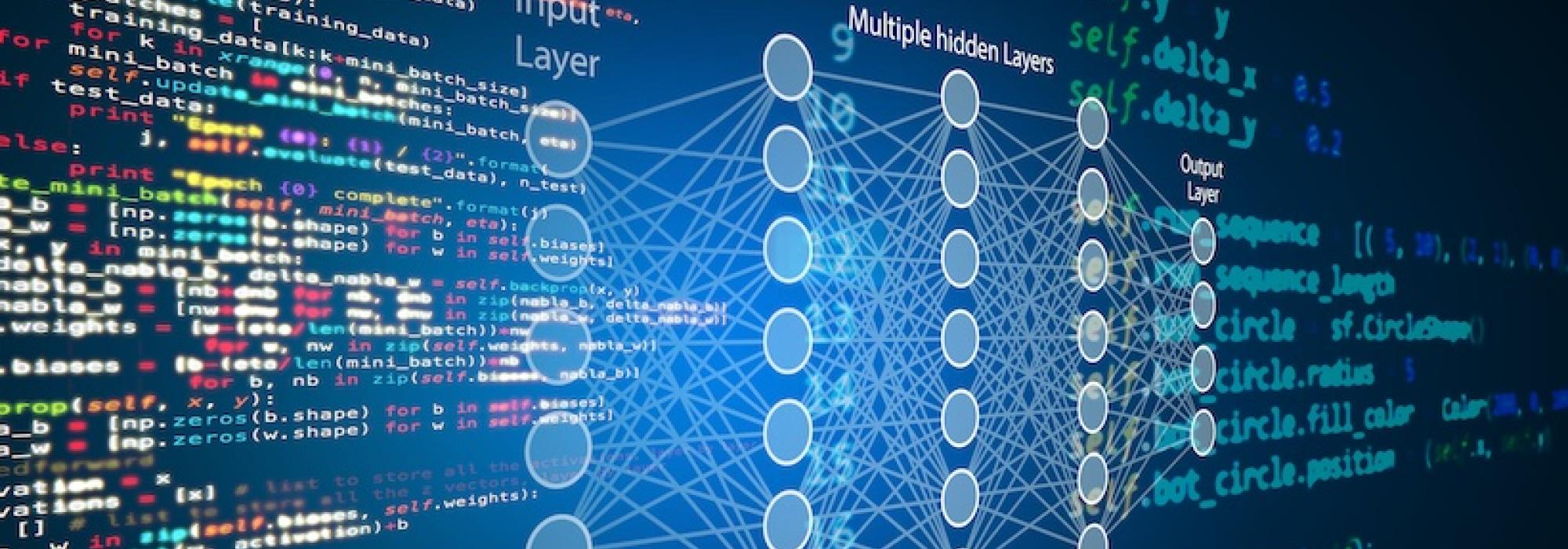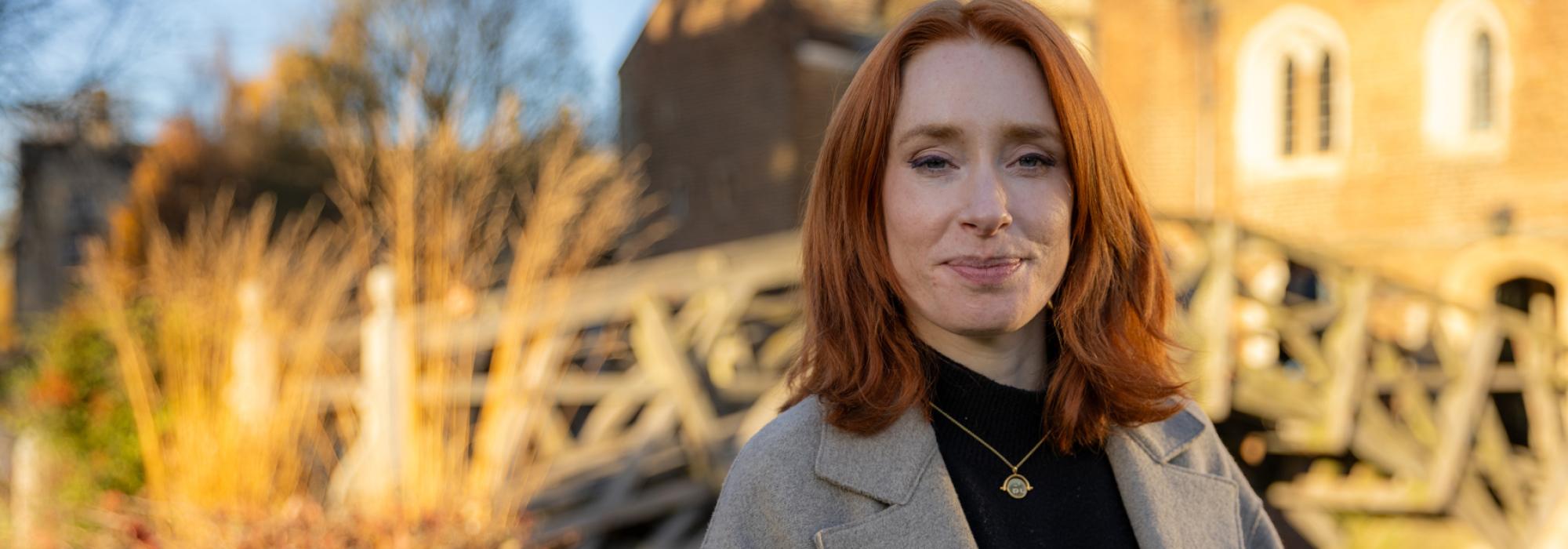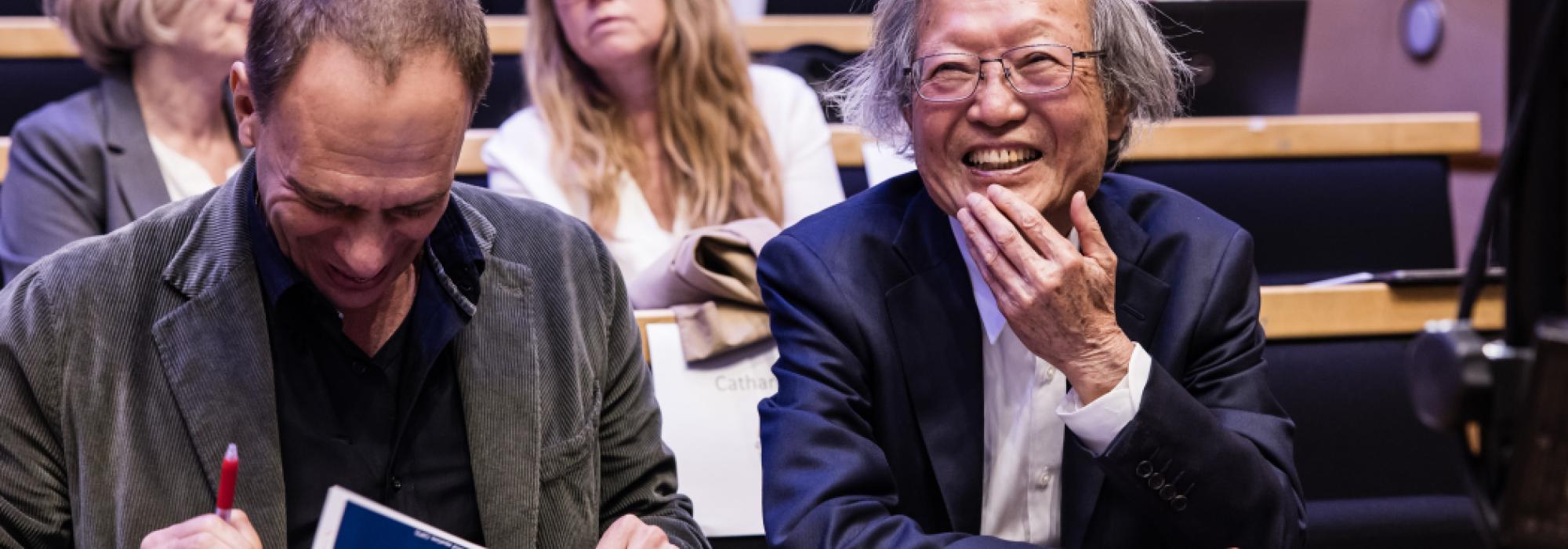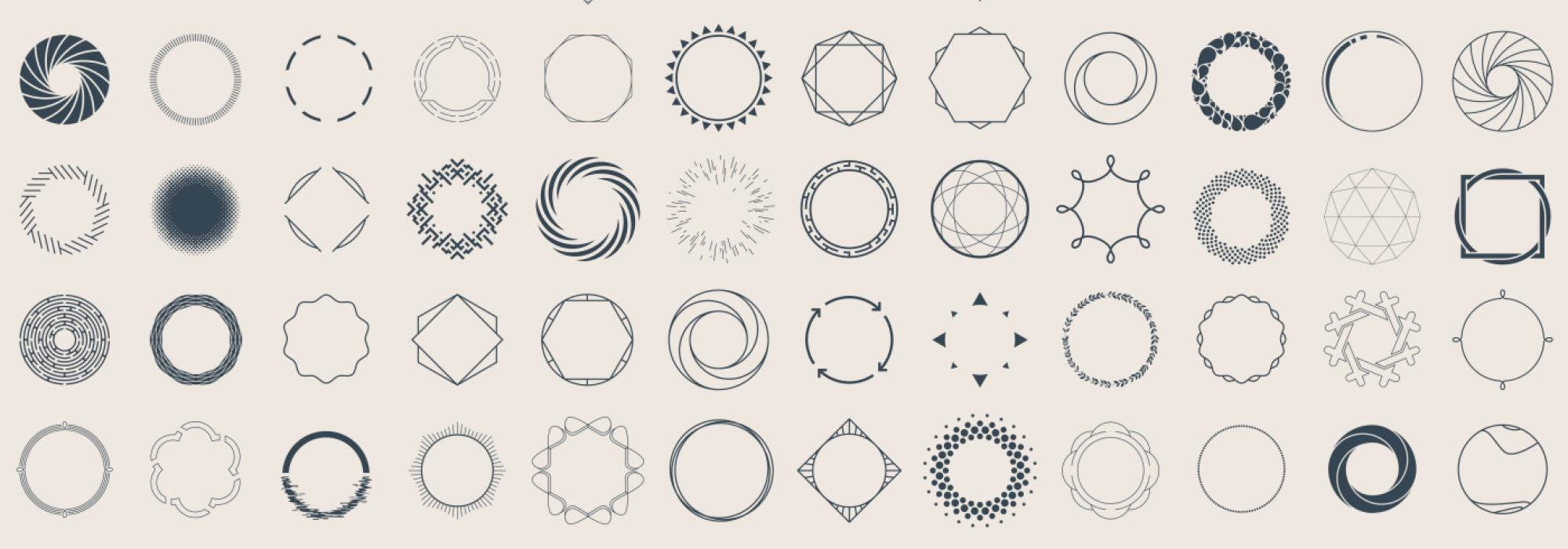Are you curious about maths and the world? Then explore Plus to stay connected with mathematics: from the maths of everyday life to the latest current research!
Latest content
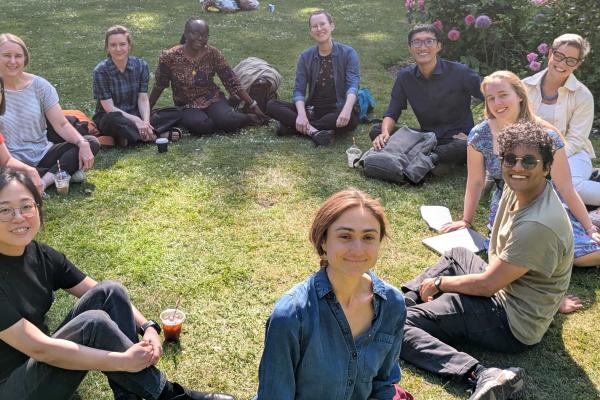
Building bridges between modelling and policy
We meet some of the researchers who are trying to translate between the two very different worlds of mathematics and politics.
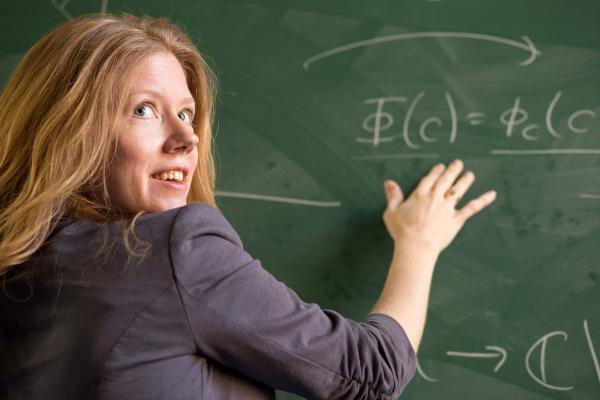
Holly Krieger and the dynamics of numbers
We talk to Krieger about her work, sharing mathematics with wider audiences, and advice for young mathematicians

Helping maths to help us
The mathematics of the future needs more specialist maths teachers, stronger university provision, and sustained research funding.

Living Proof: Building digital hearts
A digital heart might sound like science fiction, but these personalised mathematical descriptions of patients' hearts are already being put to the test.
Popular content

Fermat's last theorem
This collection of articles, podcasts and videos explores one of the most beguiling theorems in the history of maths.
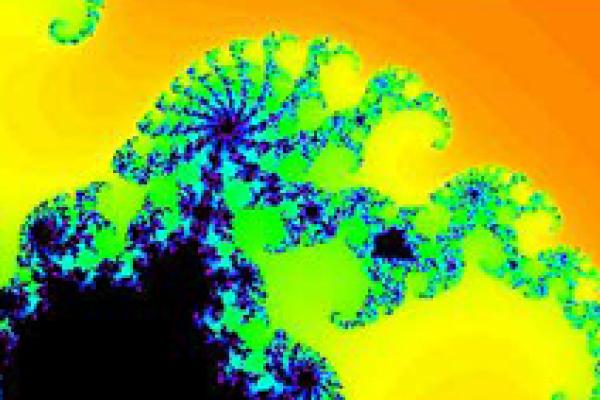
What is the Mandelbrot set?
This article gives a short but thorough introduction to that fabled beast of mathematics: the Mandelbrot set.
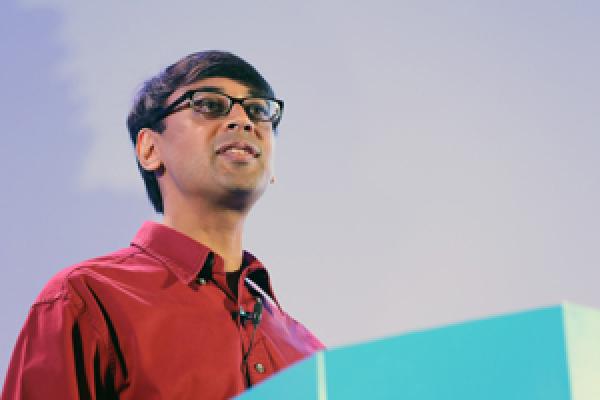
Numbers, toys and music: A conversation with Manjul Bhargava
The Fields medallist reveals the beauty of numbers, how he drew inspiration from Sanskrit maths and a Rubik's cube, and how his maths fits with his tabla playing.
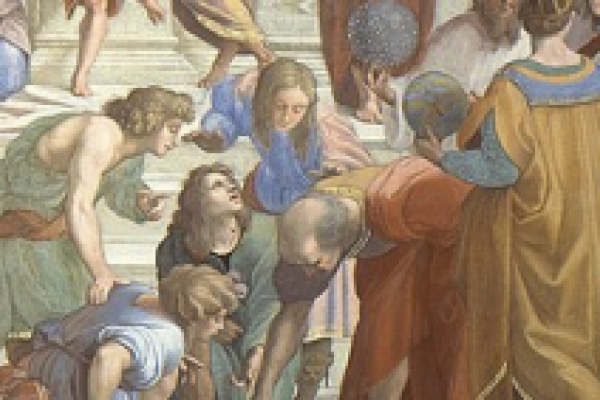
Maths in a minute: Number mysteries
The latest from Plus, delivered to your inbox
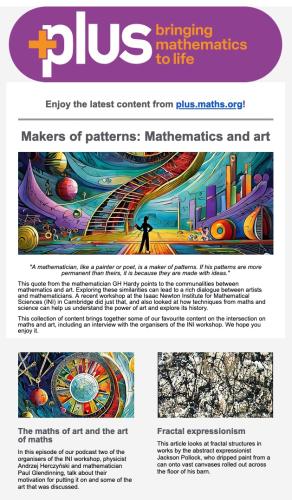
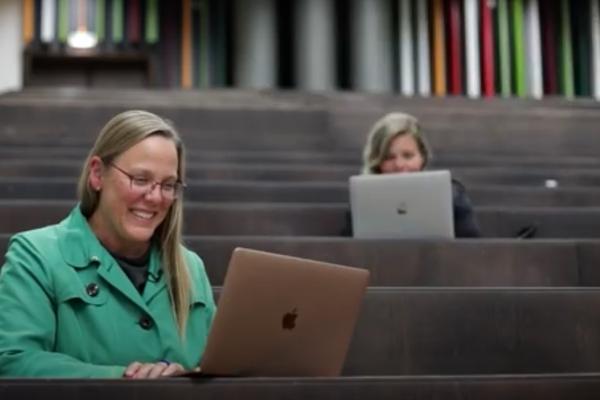
About us
Find out what we do, why we do it and who we are!

Explore our collaborations
We work with researchers from across mathematics and data science

Meet the researchers
Meet the people behind the maths in our Maths on the Move podcast
